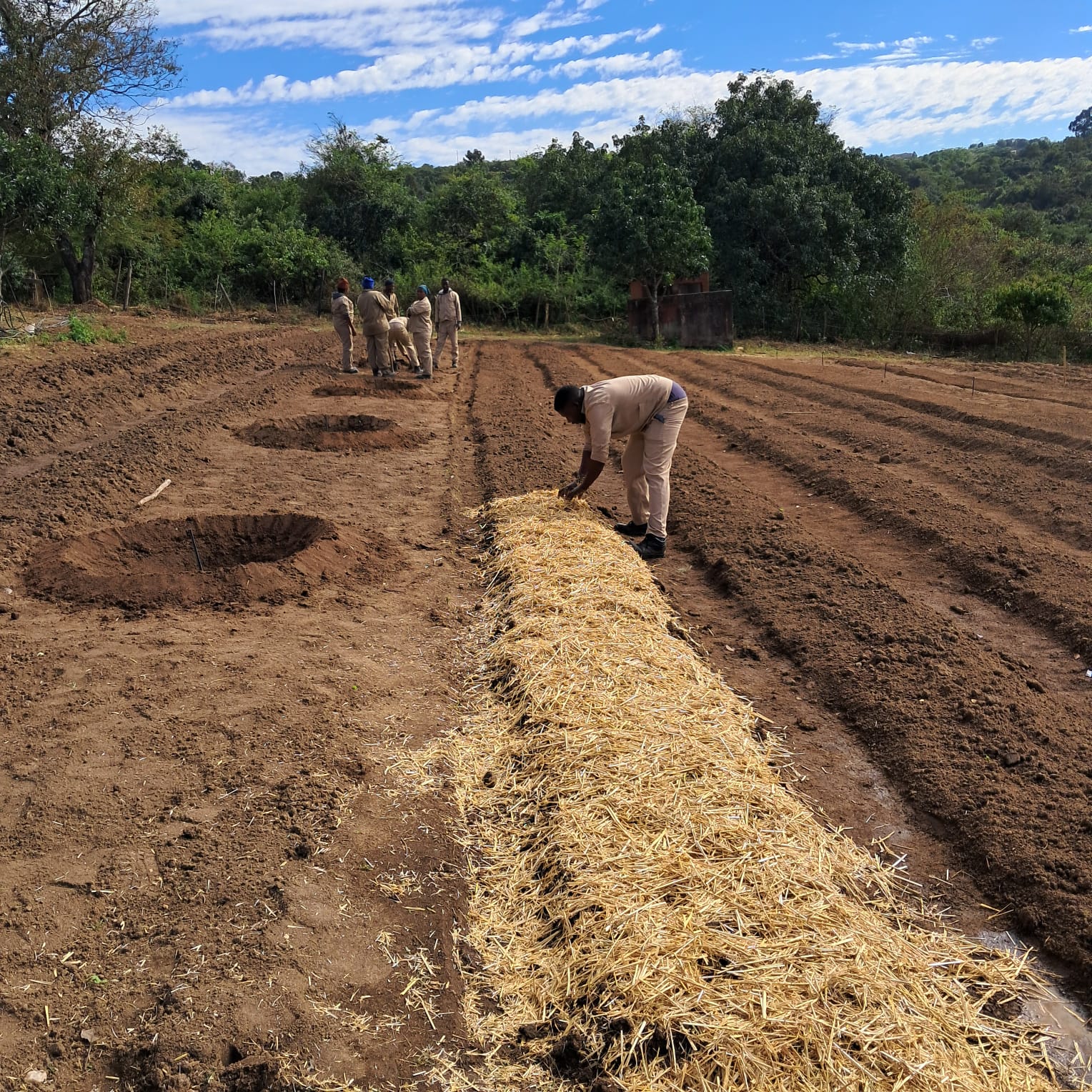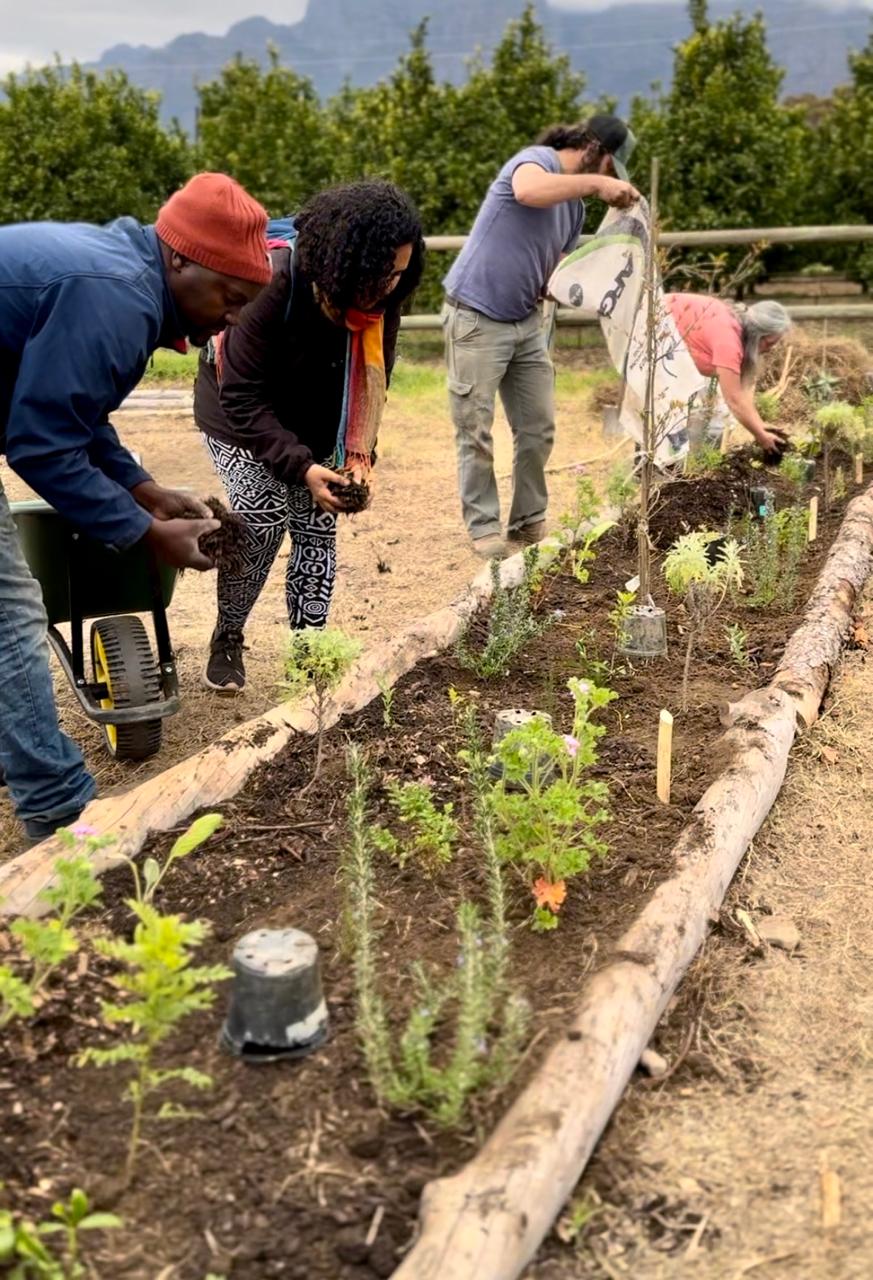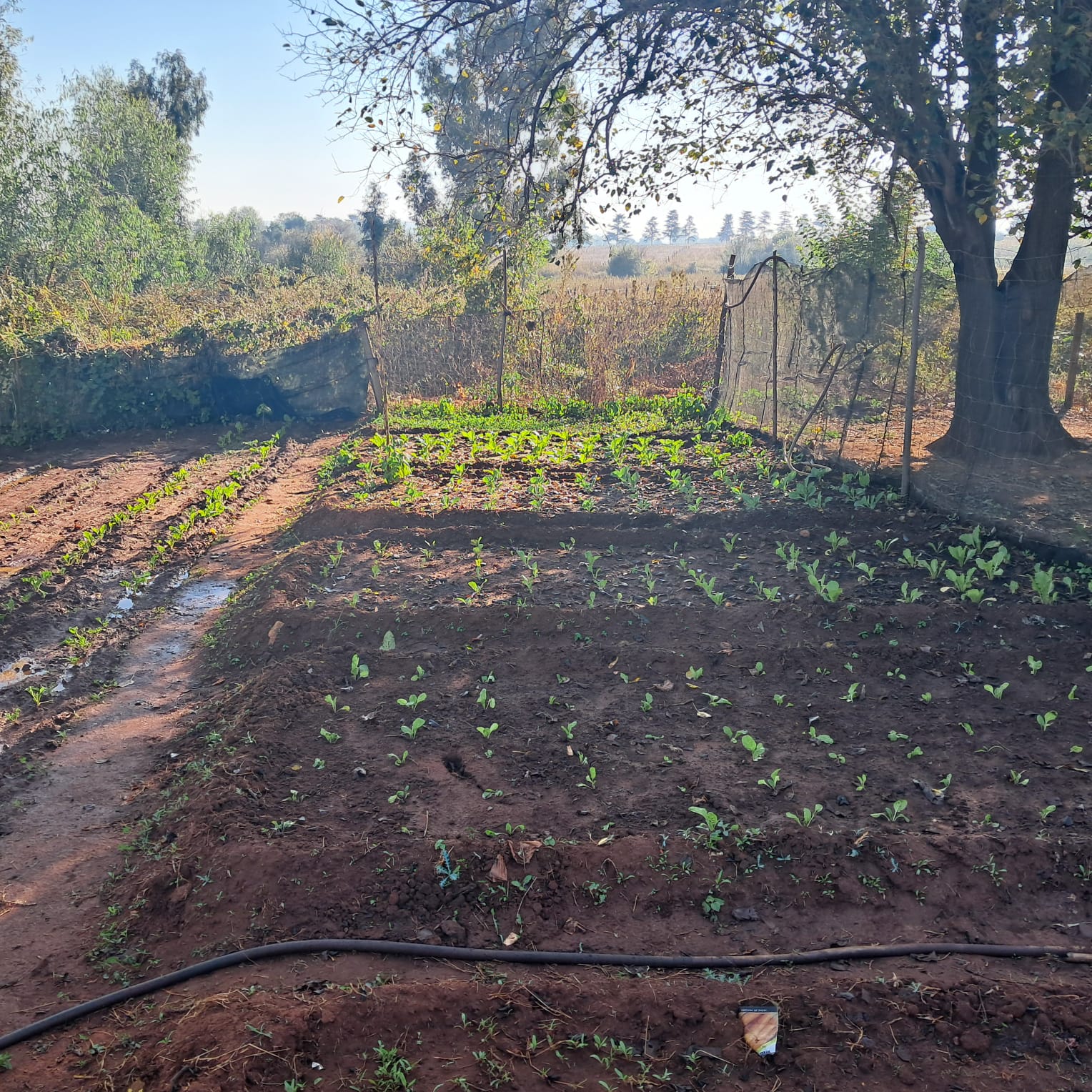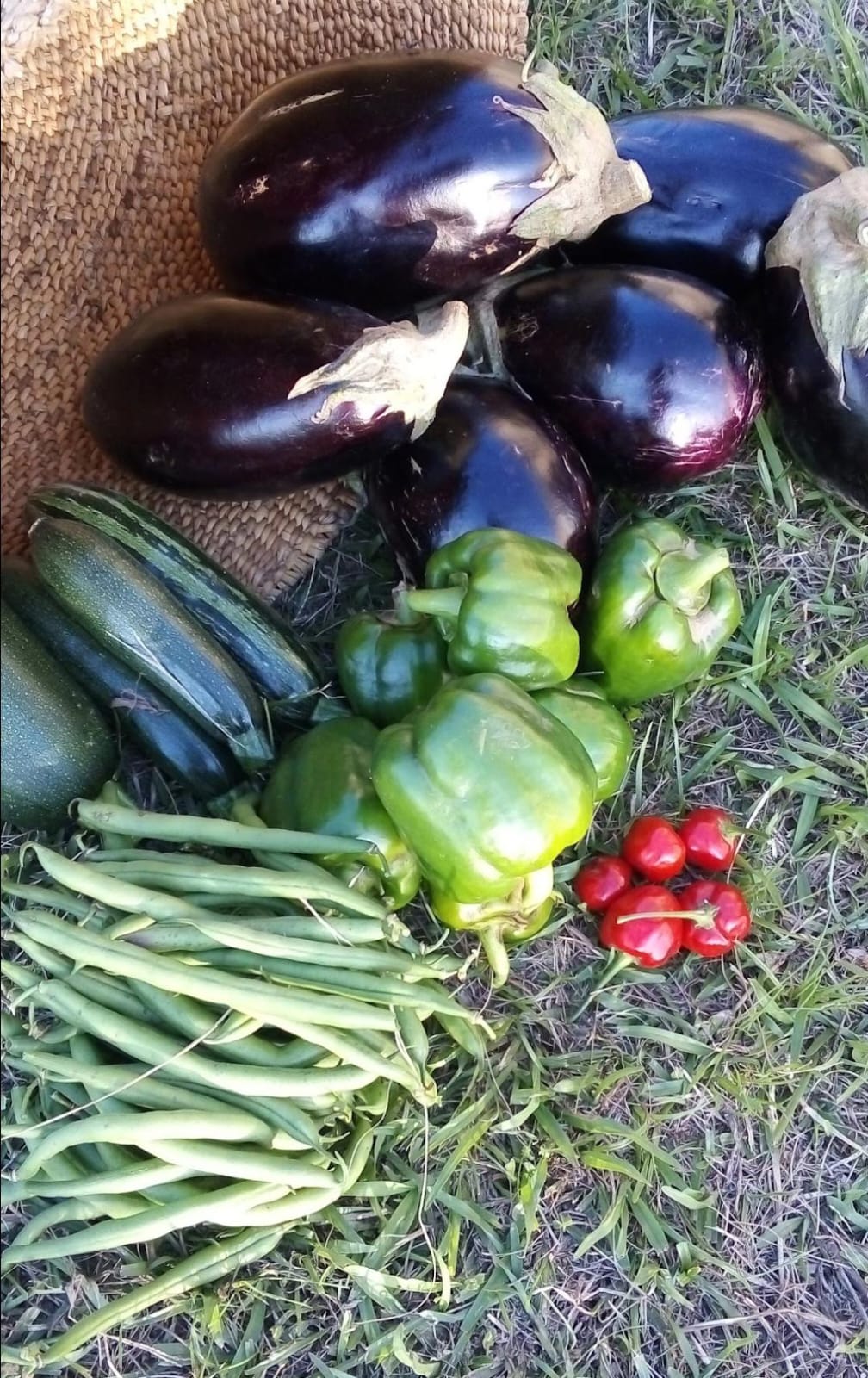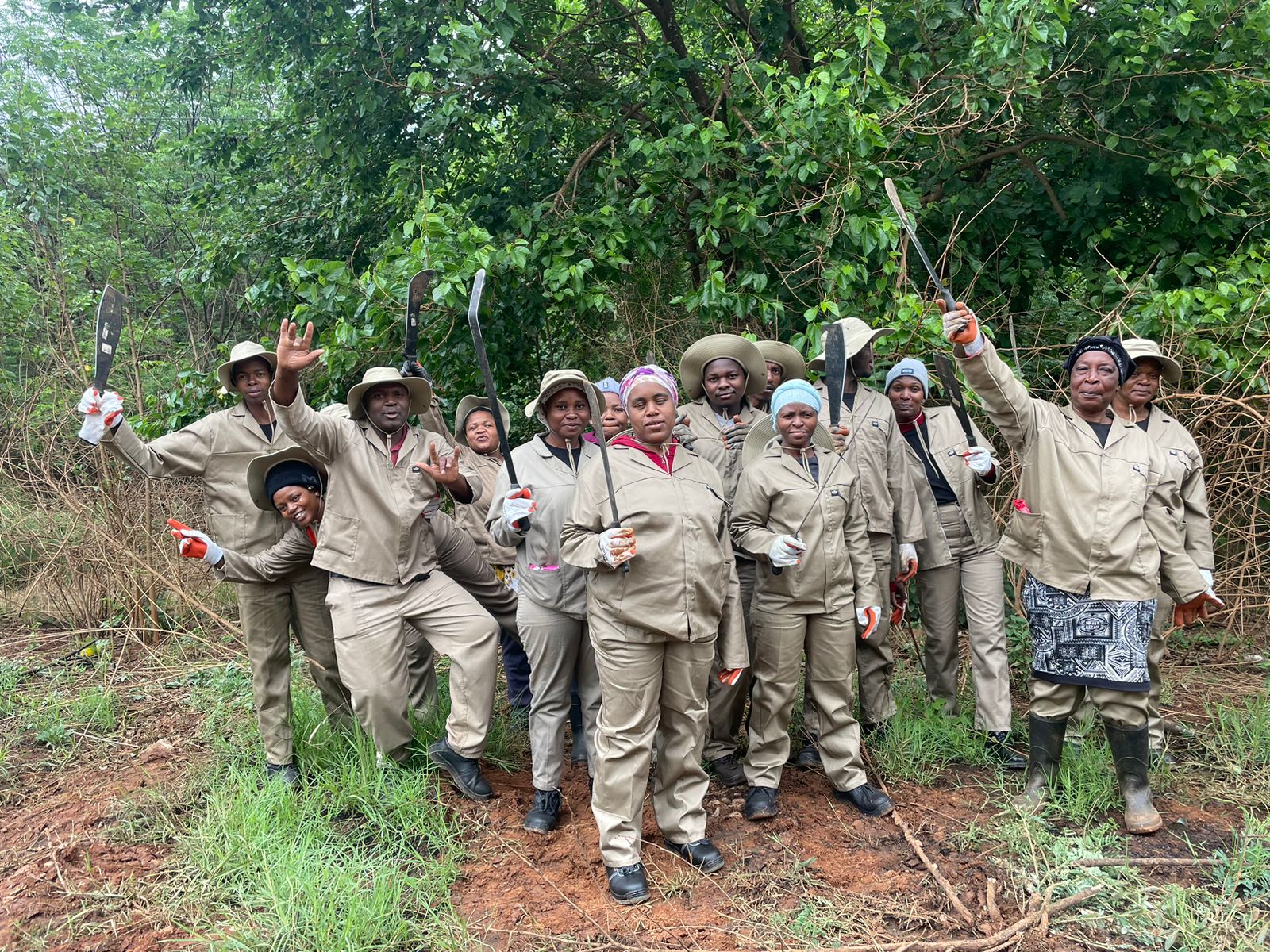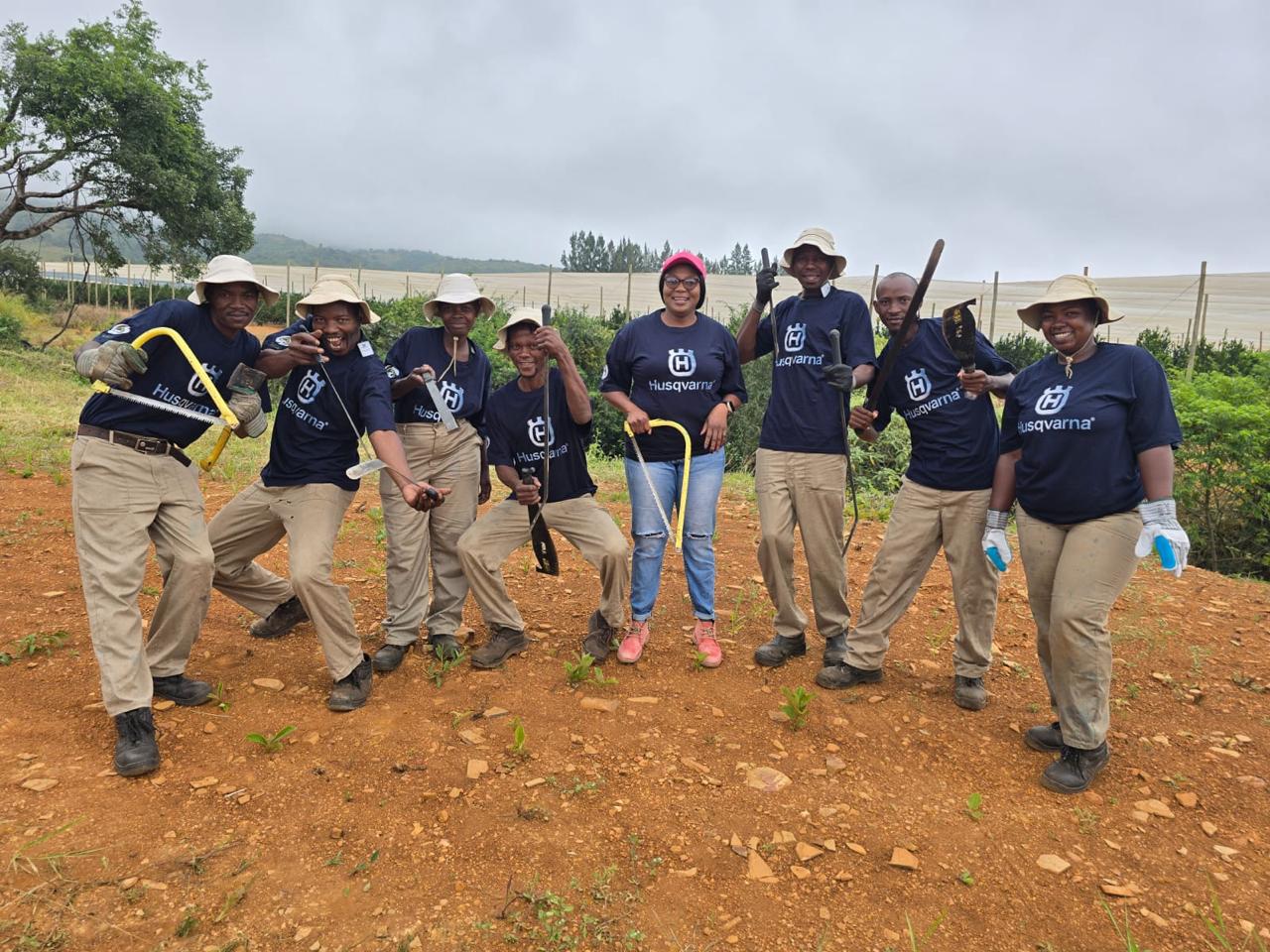Heal the Planet Programme
South Africa
Heal the Planet is a cross-cutting, systems-based programme catalyzing the transformation of food systems through agroecology while simultaneously addressing the interlinked water, waste, and energy nexus. Deeply rooted in the Agroecology Principles and aligned with “Organic 3.0”, the programme takes an integrated approach to food sovereignty, ecosystem restoration, climate resilience, and regenerative economics. Utilizing living systems design and biomimicry where possible, Heal the Planet is driven by the Rights of Mother Earth, local economic development, and contributing meaningfully to the SDGs.
Lead organization
- SAOSO Foundation – The national sector body for organic agriculture in South Africa, driving the agroecology and PGS movement.
- Project Biome – A strategic partner committed to rewilding, regeneration, and reconnecting humans to nature through decentralized systems transformation and bioregional ecosystem design.
Countries
Timeline
- Pilot Phase: 2022–2024
- Scaling Phase: 2025–2030
Funding
Mission
Context
Main beneficiaries
- Grassroots communities
- Smallholder and emerging farmers
- Youth and women
- Cooperative micro-enterprises
- Local governance structures
Strategy
Objectives
- Enable a Just Transition in the food system through agroecology and PGS.
- Regenerate ecosystems while supporting sustainable livelihoods.
- Strengthen regional solidarity and farmer-to-farmer systems for knowledge exchange.
Amplify the voices and innovations of rural communities and youth.
Activities
- Establishment of household gardens and local food initiatives in partnership.
- PGS implementation with over 500 certified farmers in the pilot phase with Backstory/Prove platform.
- Youth engagement at schools, including 10 youth-focused agroecology workshops.
- Support of micro-businesses focused on food systems, processing, and local green economy services.
- Development of Centers of Experience as regional training and policy incubation hubs.
- Creation of AgriHubs to manage cooperatives, facilitate operations, and distribute inputs.
- Launching of EcoHubs for landscape restoration, biodiversity support, and youth mobilization.
- Use of drone-based mapping to assess natural resources and plan ecological restoration.
- Use of Tool kits to facilitate Landscape Partnerships and regional food system development with partners such as 1000 Landscapes for 1 Billion People and Amped.
Effects and Impacts
- 2400 household gardens improving local food security in 4 provinces in South Africa
- Evidence of improved soil health, increased biodiversity, and restored community cohesion with 500 PGS farms.
- Economic empowerment through agroecological micro-business development.
- Youth leadership pathways emerging through training and PGS mentorship and the Biome Fellowship.
- Landscape partnerships facilitating landscape restoration at scale.
- Regional food system mapping and supply chain development for territorial markets.
- Trained youth extension officers and Heal the Planet champions.
Evaluation methods
A robust MEL framework has been developed in partnership with Project Biome and the SAOSO Foundation. KPIs include:
- Number of certified farmers in the PGS system
- Youth engaged in training or incubation
- Biodiversity indicators (flora/fauna return)
- Household food security metrics
- Regenerative business success rates
- Ecosystem service recovery based on drone mapping and land use change tracking
- Regional food system mapping
- Landscape partnerships
- Establishment of territorial markets
Lessons learned and results
- Decentralized systems outperform centralized models in fragile rural economies.
- Community ownership of standards (via PGS) builds trust and improves compliance.
- Youth are eager for meaningful, land-based opportunities when supported with vision and mentorship.
- Systems thinking is essential for addressing the interlinked challenges of food, energy, water, and waste.
- Collaboration takes consistent effort and human interactions to foster trust and transparency within the movement.
Through Heal the Planet, we’ve seen agroecology come alive—not as an ideology, but as a living system. Our youth are reclaiming their future, one garden at a time.
Contact
Matthew Purkis: Project Biome – mattp@projectbiome.earth
Collaborators:
- Project Biome
- WWF
- Sustainability Institute
- IFOAM
- GIZ
- 1000 Landscapes for 1 Billion People
- Backstory
- Sustainable Agricultural Value Chain
- Knowledge Hub for Southern Africa (KHSA)
- Tamazight Creative Collective
- Local municipalities and traditional leadership structures
- South African Food Lab
Picture credits: Greg Jones

